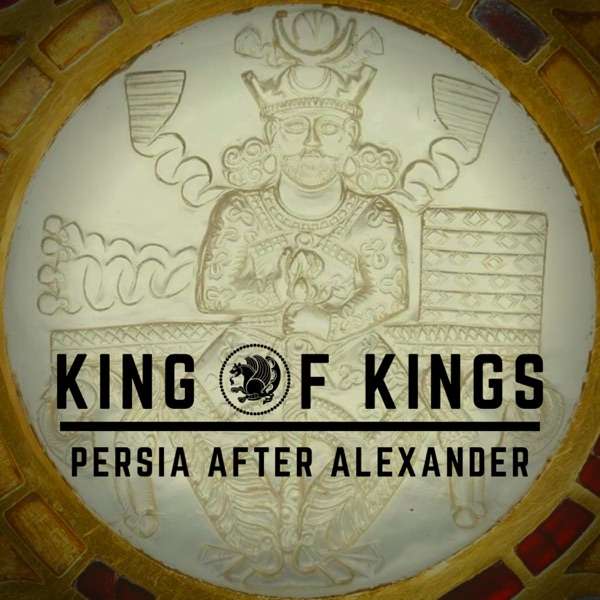What about Thebes?
When thinking of the ancient Greek world, Athens and Sparta are the cities that jump to mind. Of Course the birth of Democracy and the Elite Warrior society capture the imagination right away. Perhaps after that, with the help of capitals and Hannibal's elephants, one might conjure Corinth or Carthage... but Poor little Thebes, so instrumental in history and mythology, often gets overlooked. In fact, when it comes to mythical origin legends, Thebes is rivaled only by Troy itself.
It was in Thebes that Cadmus, one of the very first Greek Heroes, founded the citadel Cadmea and there sown the seeds of the Spartoi or "Sown Men", the origin of the Theban nobility.
It was in Thebes young Dionysus was sewn into his father’s godly thigh after he had accidentally blown up poor the mother, Semele, into smithereens after jealous Hera tricked Zeus’s young lover into demanding the king of gods show his full - lightning bolt - glory.
It was in Thebes that the seven gated wall was built by Amphion and his brother Zethus.
It was in Thebes the tale of Laius, whose misdeeds culminated in the tragedy of Oedipus and the wars of the Seven against Thebes, took place. Outside the city walls, the path where Antigone dragged the dead body of her brother was a popular ancient tourist attraction.
And of course it was in Thebes that Heracles, arguably the most famous of all the Greek heroes was born and raised.
But it is not only for the incredibly rich and extensive myths that Thebes deserves our attention. Its historical relevance can not be understated; at one point Thebes was the most powerful city in ancient Greece. This peak culminated in 371 BC when the Thebans enjoyed a remarkable victory against Sparta - all due to the Sacred Band of Thebes.
But who were these ancient warriors? What role did they play in Theban history... and maybe more importantly, what did the discovery of the burial site of the sacred band reveal about Thebes, its role in ancient politics as well as ancient Greek culture?
This June 8th, you can find out.
James Romm, chair of Classics at Bard College and author of "The Sacred Band", discusses Sex, Soldiers and Thebes with Cambridge Professor and author of “Thebes: The Forgotten City of Ancient Greece”, Paul Cartledge, and Columbia Professor, Helene Foley.
Join this fascinating conversation (including Q&A), hosted by Classical Wisdom, on Tuesday, June 8th, 2021 at noon EDT (That’s NY Time) to discover the history of Thebes, the evolution of male eros and the essential role of the Sacred Band in fighting for Greek democracy.
Simply to go to https://classicalwisdom.com/sex-soldiers-thebes/ to learn how you can watch and participate in this live event for free.

 Our TOPPODCAST Picks
Our TOPPODCAST Picks  Stay Connected
Stay Connected







